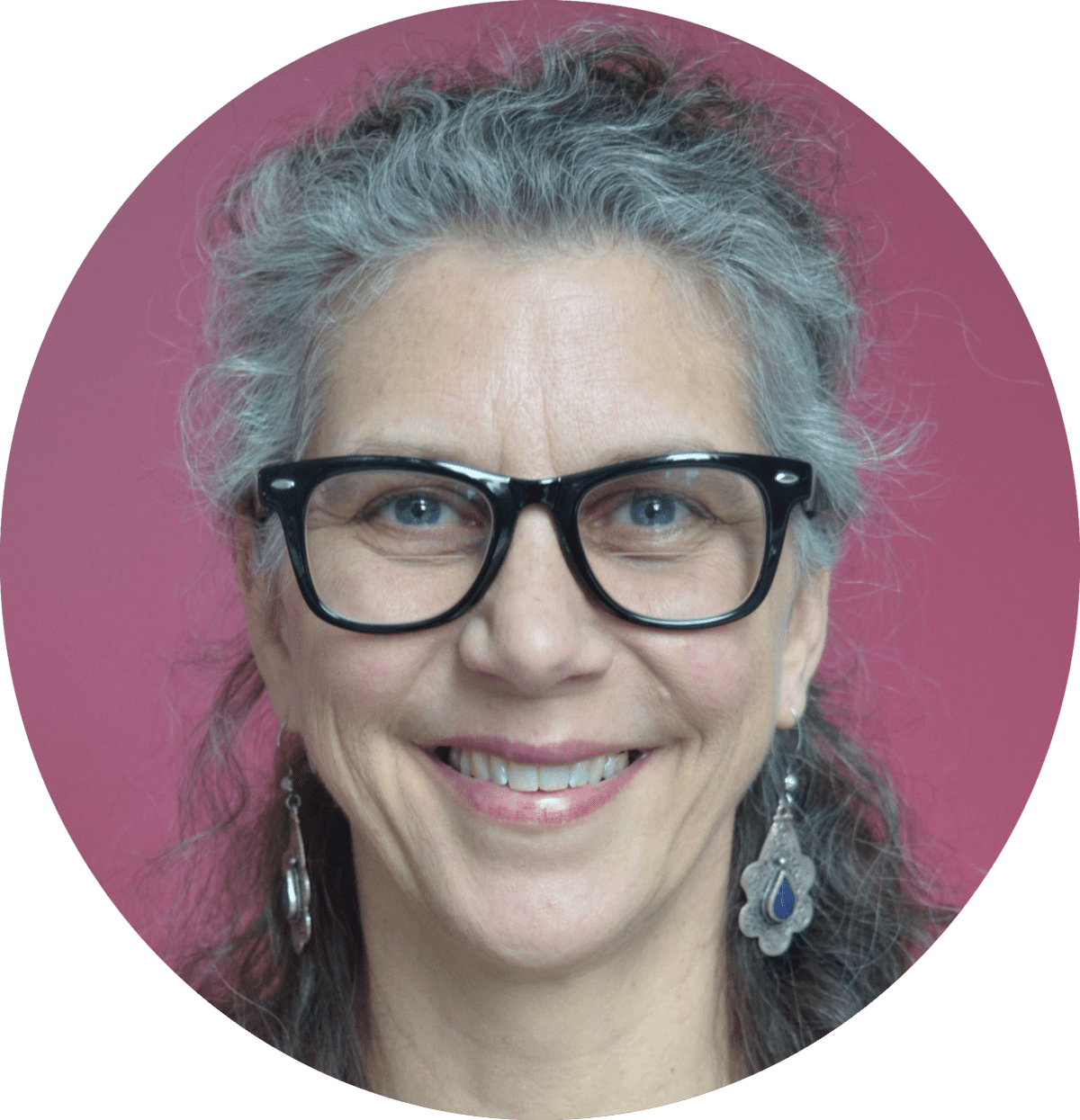 There are moments in every Oriented to Love dialogue when Holy Spirit magic happens. Someone asks a question that says more than any answer ever could. Someone shares a story from their life and the group is so moved that silence is the only honoring response. A new understanding of what it means to love each other suddenly shakes loose among us, like a door we didn’t realize was there until it quietly cracks open, spilling light and possibility across our laps.
There are moments in every Oriented to Love dialogue when Holy Spirit magic happens. Someone asks a question that says more than any answer ever could. Someone shares a story from their life and the group is so moved that silence is the only honoring response. A new understanding of what it means to love each other suddenly shakes loose among us, like a door we didn’t realize was there until it quietly cracks open, spilling light and possibility across our laps.
I can’t explain it. I can’t even really recapture it after it happens, but I have the strong sense that everyone there sees it, and we are all changed by it.
As I read through David Brooks’ beautiful new book, How to Know a Person: The Art of Seeing Others Deeply and Being Deeply Seen, I’m struck by how much of what he writes about mirrors what happens at a dialogue. Among the many spiritual and relational practices he unpacks is the art of paying attention—listening to truly hear, looking to truly see, seeking to truly understand.
Developing ears to hear
Last month, at a dialogue in San Francisco, one of our dialogue partners shared with me the idea that having ears to hear—the ability to hear—necessarily precedes any meaningful word. She shared a reflection on Psalm 40:6, in which the psalmist thanks God for opening his ears. The original Hebrew reads literally “Ears you have dug for me.” In Eat This Book: A Conversation in the Art of Spiritual Reading, Eugene Peterson paints a picture of God “swinging a pickax, digging ears in our granite blockheads so that we can hear, really hear, what he speaks to us.”
Hearing God is hard work—we can’t do without God’s pickax! But I think that hearing each other can be even harder, even though—or perhaps precisely because—we are sitting there face to face and appear to be speaking the same language. It’s easy to assume we know what the other is saying. Those assumptions can be deadly to true communication.
Making space for dialogue
The kind of listening that happens at an Oriented to Love dialogue has a deeper quality to it, the kind that suggests a sharp instrument has been at work on us! I believe that’s because when we make space—in our schedules, in our hearts, in a meeting room at a beautiful retreat center—to lean towards each other with attention, to listen to and to hear, not just the words we speak to each other but the actual hopes and hurts and fears and joys—so much of which lie between the words and in how we hold our bodies while we speak those words—we are offering each other the most sacred gift available to us. The gift of hearing. Of seeing. Of opening ourselves up to the “other” in a way that rarely happens in the regular hubbub of our lives.
This is what keeps me coming back, year after year, dialogue after dialogue, to sit in the presence of our brave and beloved dialogue partners and of the Holy Translator. “Jesus was the world’s greatest teacher because he was first the world’s greatest listener.” When we commit to loving dialogue, we model Jesus’ love through listening. We practice the sacred art of paying attention. We partner with the Creator to produce the possibility of connection. We allow God to dig us a new set of ears.
Hallelujah.
***
 Kristyn Komarnicki is the director of dialogue and convening for Christians for Social Action and the program director of CSA’s Oriented to Love dialogue program.
Kristyn Komarnicki is the director of dialogue and convening for Christians for Social Action and the program director of CSA’s Oriented to Love dialogue program.


